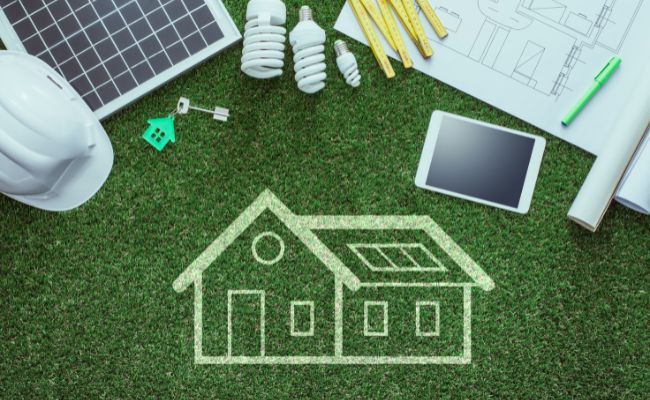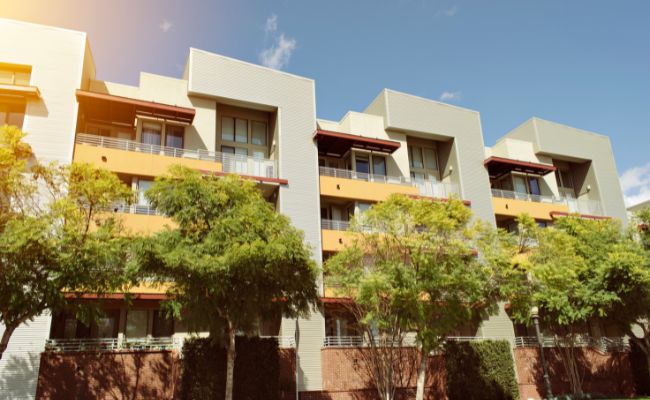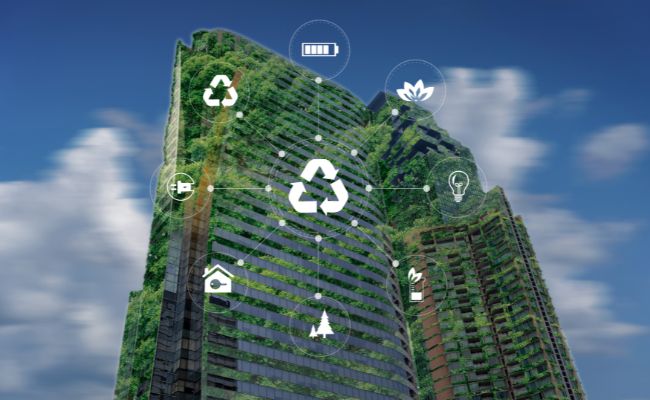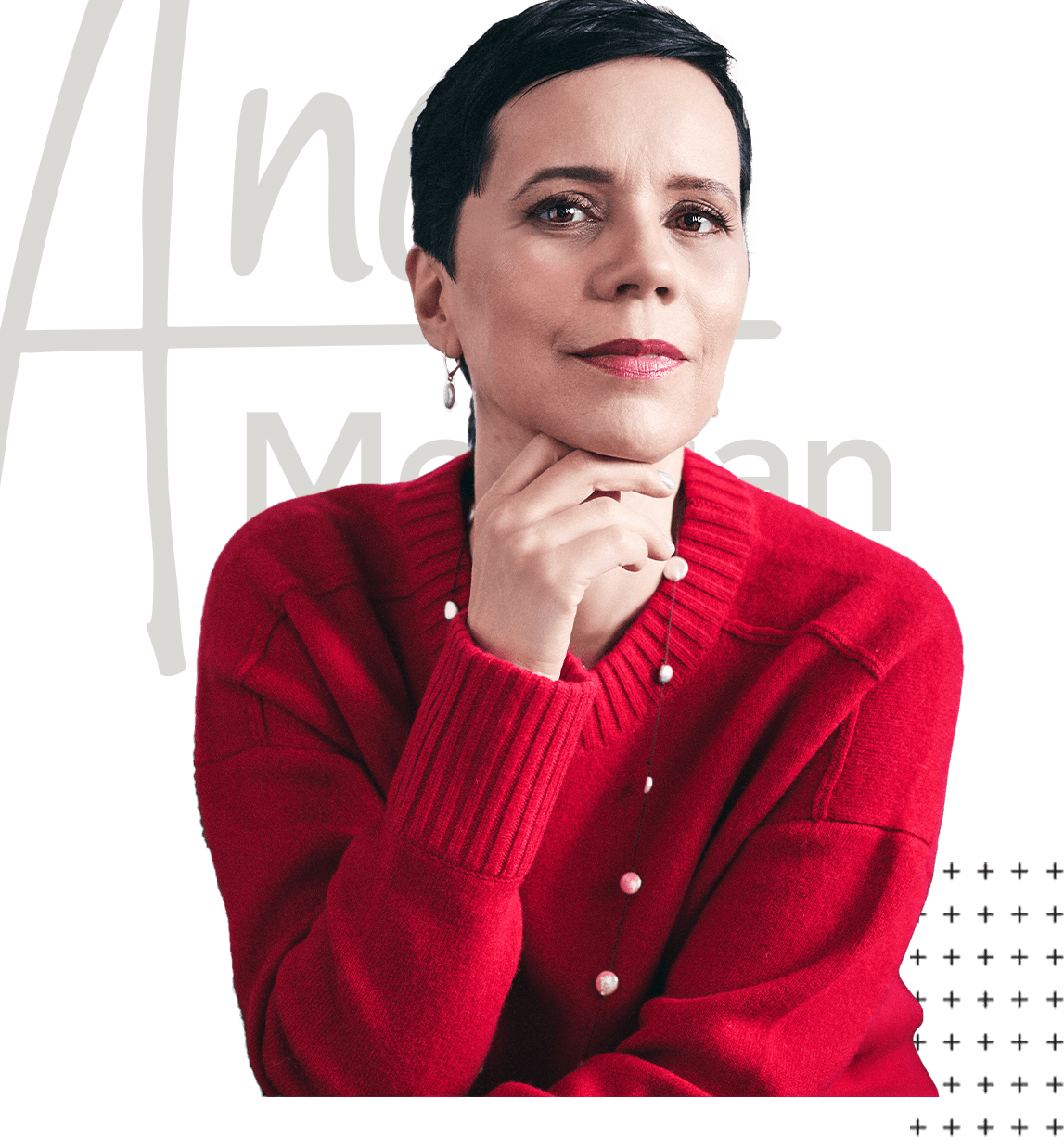The Business Case for Green-buildings with Carolyn Pistone
“Business can be done profitably – for ourselves and for our clients – and it can also benefit the community, humanity, and the planet.” — Carolyn Pistone
I had the pleasure of speaking with Carolyn Pistone, President and Managing Director of Clear Blue Commercial, a full-service company dedicated to providing holistic and sustainable approaches to all aspects of the life of a property.
Her dedication to saving the planet shines through her work in real estate and her passion for green buildings.
We discuss:
- The dire need for conscientious real estate
- Impact within real communities
- The practicality of sustainability
The dire need for conscientious real estate

What is a green building? Simply put, green building is developing a structure that gives back to the earth through its design, construction, or operation and reduces or eliminates negative impacts.
As a self-coined “Committed Earthling” dedicated to saving the planet through her real estate license, Carolyn has faced a fair share of criticism and challenges within her work.
“I have received some ribbing and ridicule for being a ‘Committed Earthling,’ which always makes me laugh because the person who's ribbing and ridiculing me, I say, ‘Well, what are you? Are you not committed? Or have you got a Planet B in mind?’” Carolyn shares.
As human beings, we have an uncanny way of disassociating ourselves from nature and our environments. In some cases, that dissociation comes in the form of feeling inadequate to help the planet in any way that matters—that’s not the case.
Carolyn came to her moment of reckoning after watching oil spill into the ocean from an incident of a barge hitting the Golden Gate Bridge.
“Once the sun came out, you could see the oil pouring out of the hull. And it was there like that for four days.” Carolyn explains, “And the Bay Bridge is a huge international trade route. And giant container ships are coming in and out of the bay all day, every day. I was watching them drag through this oil slick and drag it all over the bay.”
As humans, we tend to put ourselves above plants and animals as stewards of the earth. In reality, we’re putting commerce above humanity.
“And commerce isn't even a real thing. It's a complete human construct. It's something we've invented. And now we've taken something that we've invented, and we've made it more important than even our lives.” Carolyn continues.
Impact within real communities

The commercial real estate business is not known for its kindness to the earth. There’s much to be done in the way of transformation and reformation, and Carolyn is at the forefront of those efforts.
“We wanted to prove that business can be done profitably for ourselves and our clients. And also it can benefit the community, it can benefit humanity, and it can benefit the planet.” she shares, “We're trying to come into a space and look for ways to improve on the performance of the building.”
During the droughts in California in 2014 and 2015, Carolyn and her team began doing turf conversions in all of the buildings they managed. This practice meant removing sprinklers from lawns and replacing them with a drip system.
“We were able to calculate what the water savings of that would be, and the water savings didn’t necessarily pay for that project. So what we did is we created community events,” she explains.
You can see Carolyn’s efforts in action below!
“I sent them the video and said ‘this is a 10th of the cost, and I saved you in your landscaping costs. We’re coming in under budget on landscaping, and you're getting this project that was a quarter million dollar value.”
Community engagement led to company pride and a project that has saved close to 10 million gallons of water to date, saves 1.6 million gallons per year, and will continue saving water as long as the building stands.
“We start to add to our stats to say—every project that we've done—here's how much we've saved, and that keeps going up and up and up, whether we're managing the building or not.” Carolyn continues.
The practicality of sustainability

Of course, having a positive impact on our planet doesn’t always look like solar panels and turf conversions. There are choices we make every day that have consequences for the environment.
“I'm always looking to go for the low-hanging fruit, to do things that are easy.” Carolyn shares, “For instance, do everything electronically that you can so that you're saving paper. But if you do have to print something, print two-sided.”
Today, electric cars are on the roads, which is a great start. However, if you’re charging your car from your house, the energy is still coming from main energy providers. The option exists for solar solutions for homes and electric vehicles, creating a more self-sufficient existence.
“Where we can have the most impact is by voting with our dollars.” Carolyn continues, “Look at the things you normally buy. If we vote with our dollars, big business will listen.”
When doing your usual shopping, ask yourself:
- How are they sourced?
- Where do they come from?
- What is that company's stance on the environment?
- What is that company doing to reduce its greenhouse gas emissions?
- Does this company as the B-Lab certification as a B-Corp?
- Etc.
If we vote with our dollars and practice conscientious spending, we can all positively impact our planet and create a better future for our children and beyond.
We only have one earth. There is no Planet B. We could all benefit from examining our habits and adjusting our routines for a sustainable future.
What is one thing you could do today to support a more sustainable future?
Be sure to check out Carolyn’s full episode for further insights on green building and learn more at ClearBlueCommercial.com!








